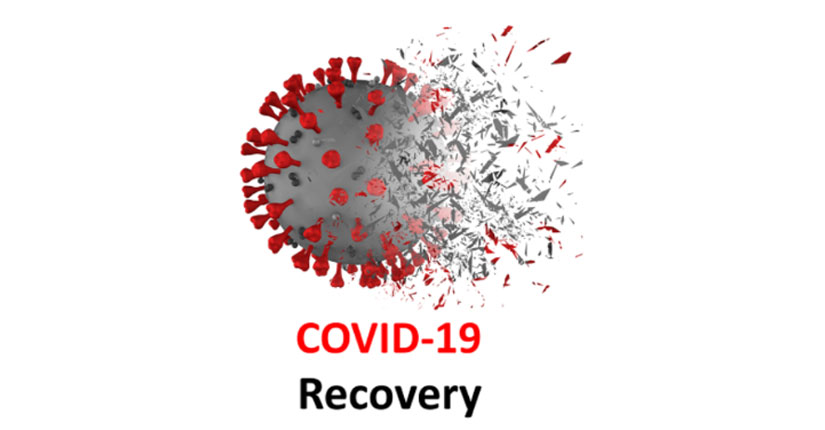Post Traumatic Stress Disorder- Here’s What You Should Know about It
By Nmami Life Editorial 03-Jun 2020 Reading Time: 6 Mins

Posttraumatic stress disorder (PTSD) also called as shell shock or battle fatigue syndrome is a psychiatric disorder that can occur in people who have experienced or witnessed a traumatic or disturbing event such as a natural disaster, unexpected death of a loved one, a serious accident, a terrorist act, war/combat, rape or other violent personal assault or some physical harm occurred or was threatened.
Symptoms of PTSD
Symptoms of PTSD may fall into four categories. Specific symptoms can vary as per how severe they might be:
- Disturbing thoughts such as flashbacks of the traumatic event repeated involuntary memories; distressing dreams. Flashbacks may be so frequent and real that people feel they are re-living the traumatic experience or seeing it before their eyes.
- Avoiding reminders of the traumatic event may include avoiding related people, places, activities, objects and situations to the event as that may bring on distressing memories. People may try to avoid remembering or thinking or even resist talking about what happened or how they feel about it.
- Negative thoughts and feelings may include ongoing or distorted beliefs about oneself or others, ongoing fear, horror, anger, guilt or shame; lose interest in activities previously enjoyed; or feeling detached or estranged from others.
- Arousal and reactive symptoms like being irritable and having angry outbursts; behaving in a self-destructive way; being easily startled; or having problems focussing or sleeping.
Diagnosis of PTSD
PTSD is not diagnosed until at least one month since the time a traumatic event has taken place. If symptoms of PTSD are observed, the doctor will begin an evaluation by performing a complete medical history and physical examination. Although there are no specific lab tests to diagnose PTSD, the doctor may use various tests to rule out physical illness as the cause of the symptoms.
If no such physical illness is observed, you may be referred to a psychiatrist, psychologist, or other mental health professional. Psychiatrists and psychologists use specially designed interview, observation methods and assessment tools to evaluate a person for the presence of PTSD symptoms or other psychiatric conditions. The doctor on the basis of his or her diagnosis of PTSD on reported symptoms, including any problems with functioning caused by the symptoms. The doctor then determines if the symptoms and degree of dysfunction indicate PTSD or some other mental issue. PTSD is diagnosed if the person shows symptoms of PTSD that last for more than one month.
Treatment of PTSD
The goal of PTSD treatment is to reduce the severity of the emotional and physical symptoms, to allow normal functioning, and to help the person better cope with the event that triggered the disorder. Treatment for PTSD is done via psychotherapy (counseling), medication, or both.
- Medication
To treat PTSD, doctors use certain antidepressant medications that help control the feelings of anxiety and its associated symptoms.
- Psychotherapy
Psychotherapy for PTSD is assisting the person to learn skills to manage symptoms and develop ways of coping. Therapy helps to teach the person and his or her family about the disorder, and help the person deal with the fears associated with the traumatic event. A variety of psychotherapy approaches are used to treat people with PTSD, including:
Cognitive-behavioral therapy like learning to recognize and change thought patterns that lead to troublesome emotions, feelings, and behavior.
Other treatment techniques involve prolonged exposure therapy, family therapy, Group therapy, and Eye Movement Desensitization and Reprocessing (EMDR).
Over to you
PTSD can leave lasting or long term consequences of traumatic ordeals that cause intense fear, helplessness, or horror. In various cases, families of victims can also develop PTSD or emergency personnel and rescue workers.
4 thoughts on “Post Traumatic Stress Disorder- Here’s What You Should Know about It”
Leave a Reply
Your email address will not be published. Required fields are marked *



















Mam help me out I m suffering from anxiety
kindly consult to doctor
Mam help me I m suffering from anxiety n not avail to cop up
Hi,
Please share your contact details here. Someone from the team will connect with you shortly.